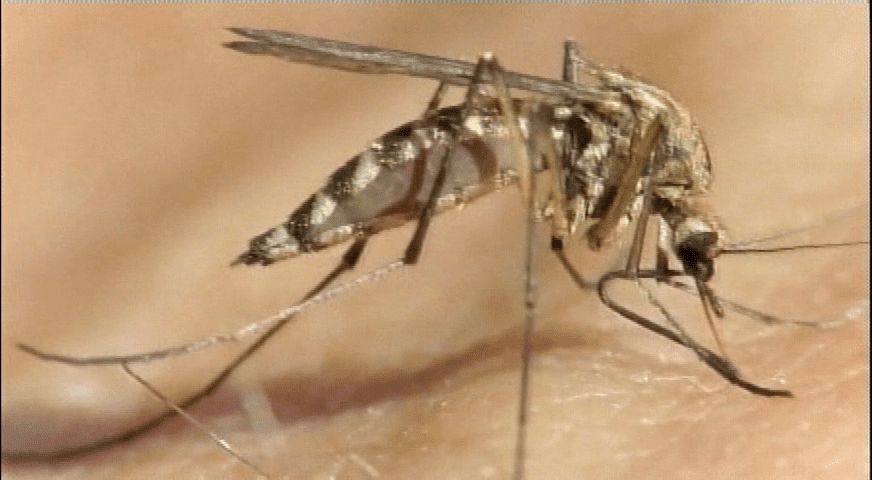Health officials report West Nile virus in 2 Minnesota horses

Authorities are urging horse owners to vaccinate their animals if they haven’t already after West Nile virus was confirmed in Minnesota this week.
The state’s Board of Animal Health (BAH) says it received reports of two horses with the virus in Kandiyohi County.
One of the horses, a 1-year-old quarter horse colt, wasn’t vaccinated and died from complications related to the illness. The other horse, a 21-year-old mare, had recently gotten a West Nile virus booster and is recovering.
BAH says the detections came from separate farms, indicating the virus is likely circulating in mosquitoes in the area.
While infected horses can’t spread the virus to other horses or people, health officials say vaccination is important to limit the impact to other animals.
“Vaccination is the best way to protect horses from West Nile virus,” said Dr. Heather Damico, senior veterinarian in charge of equine. “Historically, a lot of the reported cases we deal with in horses are either unvaccinated or under vaccinated, which means they didn’t receive their annual booster shot. Vaccines can prevent infection or reduce severity of disease if the horse is infected.”
West Nile virus is regularly found in Minnesota during the summer months, BAH officials say, and birds are the primary host of the disease. The detection comes a month after the virus was confirmed in a horse in Wisconsin.
While vaccination is the best way to protect against the virus, BAH says the following things can also help reduce risks:
- Change water in drinking troughs every week.
- Mow long grass.
- Drain stagnant water puddles.
- Remove items mosquitoes use for breeding grounds, like old tires and tin cans.
- Place and maintain screens over windows and stable doors.
- Use mosquito repellents to protect horses and people from mosquito bites.